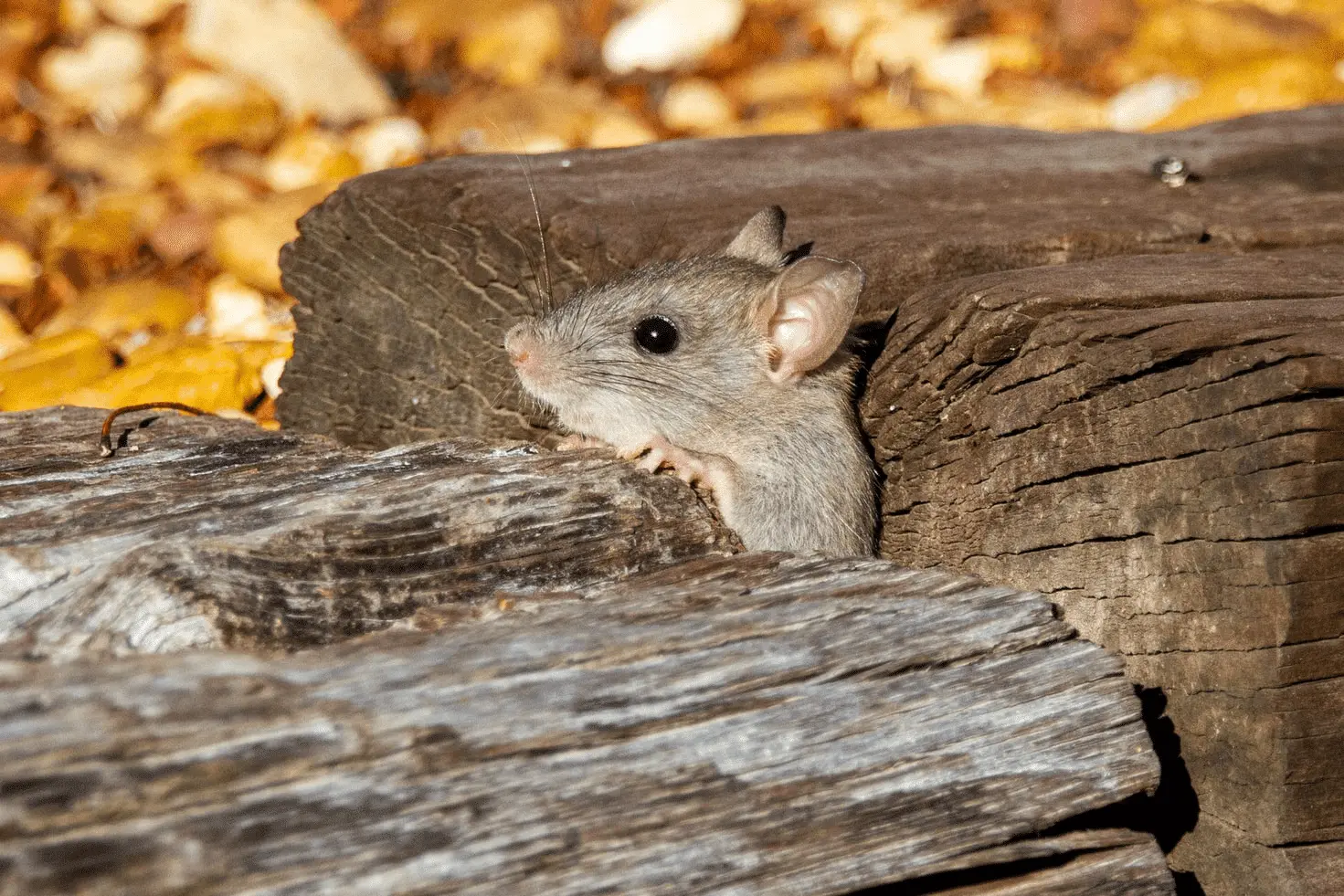As the temperature drops, rodents and other critters can be quite crafty when it comes to making their way inside homes and structures. Colder months tend to drive wildlife toward your home, making it common to hear scratching in the walls, see droppings around the kitchen, or discover chewed cables and stored goods.
In this article, we’ll address some common questions about how you can secure your home against rodents and other critters, and what to do to prevent activity before it starts.
How Do Rodents and Other Critters Get Into My House?
By “other critters,” we’re referring to common animals likely living around your home, even if you aren’t deep in the wilderness. The Pacific Northwest is home to several species of squirrels, birds, and raptors, as well as occasional invaders like raccoons and bats. They may accidentally make their way into your attic or crawlspace, requiring professional removal. If you suspect one of these animals has made a home around your house, please call the United States Department of Agriculture – Wildlife Services at (360) 337-2778.
Aside from these animals, scratching in the walls, running noises at night, and chewing sounds usually indicate a rodent problem. Rats and mice don’t like the cold and will gnaw, chew, or dig their way into your home for warmth. Mice can fit through tiny gaps as small as a pencil.
Roofs and chimneys also provide rodents with access to your home. While birds may nest in an attic, many people don’t realize that rats are adept climbers. Roof rats can leap several feet from nearby trees and are skilled at navigating structures.
What Signs Should I Look Out For?
Check for weak points that allow critters entry, such as:
- Chewed or broken screens
- Open drains or pipes
- Gaps around doorways and windows
- Water-damaged wood or wood rot
- Crawl space access doors that aren’t sealed properly
- Excessive vegetation that may attract pests
What Steps Should I Take to Prevent Critters from Getting Into My Home?
- Properly screen bird blocks, foundation vents, and openings.
- Ensure proper water drainage around your home. Check gutters and drain pipes for pooling.
- Maintain a clean and ventilated crawlspace. Secure insulation to prevent nesting.
- Seal gaps and openings with materials that rodents can’t chew through, such as steel wool.
What Factors Make It Difficult to Fully Exclude My Home?
Certain conditions may make it challenging to fully exclude pests:
- A missing foundation or skirting that allows rodents to burrow underneath.
- Soft or sandy soil that is easy for critters to dig through.
- Significant foundation issues requiring a specialist's attention.
- Areas blocked by structural components like piping that prevent thorough inspections.
- Environmental factors, such as proximity to wooded areas or water bodies.
What Are the Benefits of Excluding My Home from Rodent and Critter Activity?
- Prevents Infestation: Rodents and critters can be active year-round, especially in wooded areas or near greenbelts.
- Protects Wildlife: Prevents animals from getting trapped in your home.
- Avoids Costly Repairs: Saves money by preventing damage caused by rodents.
- Ensures Health: Reduces exposure to diseases carried by pests.
How Can Sunrise Help?
- Identify Concerns: We conduct an Exclusion Survey to find potential issues.
- Expert Recommendations: We inform you of further inspection needs.
- Professional Repairs: We handle various repairs for effective exclusion.
- Ongoing Prevention: Our expert services help protect against future infestations.
Getting Rid of Rodents
If rodent activity is detected, we will conduct a full inspection focusing on areas such as crawlspaces and attics. Traps will be placed strategically to address the issue.
Pest Control in Bremerton, Seattle, and Grays Harbor
Don't let rodents disrupt your home this winter. Sunrise Pest Management is your trusted partner for pest control services in Port Townsend, Bremerton, Grays Harbor, and surrounding areas like Jefferson, Kitsap, Bellevue, Aberdeen, Mason, and more.
Contact us today for a free quote and start living a stress-free life in a pest-free home!



Comments (0)
Thanks for your comment!
Thanks for your feedback! Your comments have been successfully submitted! Please note, all comments require admin approval prior to display.
Error submitting comment!
There is a problem with your comment, please see below and try again.